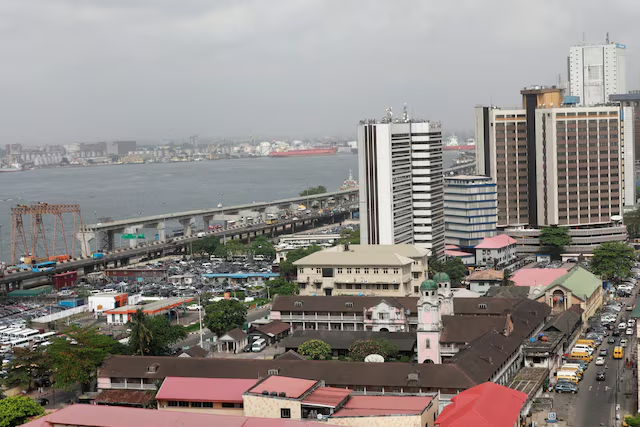Obasanjo Denies Kalu’s Claim of Confiding in Him About a Third Term Agenda

By Erewunmi Peace
A fresh political exchange has emerged between former President Olusegun Obasanjo and Senator Orji Uzor Kalu, following Kalu’s recent claim that the former leader once confided in him about plans to seek a third term in office.
Senator Kalu, a former governor of Abia State, alleged in a recent interview that Obasanjo personally informed him of his desire to extend his stay in power beyond the constitutional two terms.
According to Kalu, he subsequently relayed the information to former world leaders including Nelson Mandela, Thabo Mbeki, and George W. Bush, warning them about Obasanjo’s alleged third term plan.
Kalu further claimed that some state governors were approached and offered financial incentives to support the plan, which he said he personally rejected.
“Obasanjo told me himself that he wanted a third term. I told him it was wrong and informed Mandela, Mbeki, and Bush,” Kalu stated.
Former President Obasanjo has strongly denied the allegations, describing Kalu’s statements as false and politically motivated.
He maintained that he never sought or discussed a third term bid with anyone, insisting that his administration respected constitutional limits.
“There was no time I told Orji Uzor Kalu or anyone else that I wanted a third term. It’s all lies,” Obasanjo said through his media aide.
The so-called “third term agenda” controversy dates back to 2006, when constitutional amendment proposals were introduced to extend the presidential term limit. The move was widely criticized and eventually rejected by the National Assembly.
While political observers at the time believed the plan was aimed at allowing Obasanjo to continue in office, the former president has consistently denied any direct involvement.
Kalu’s recent statement has reignited discussions about Nigeria’s democratic transitions and the political intrigues of the Fourth Republic.
Analysts say the renewed claims highlight ongoing tensions among political elites and the persistence of old rivalries in the nation’s political discourse.
At the moment, Senator Kalu’s statement remains an unverified personal account, while Obasanjo’s categorical denial stands.
Without independent evidence to support either side, the matter remains a he-said, he-said political controversy reflecting long-standing debates about Nigeria’s political history.











































































































































































































































































































































































































































































































































































































































































































































































































































































































































































































































































































































































































































































































































































































































































































































































































































































































